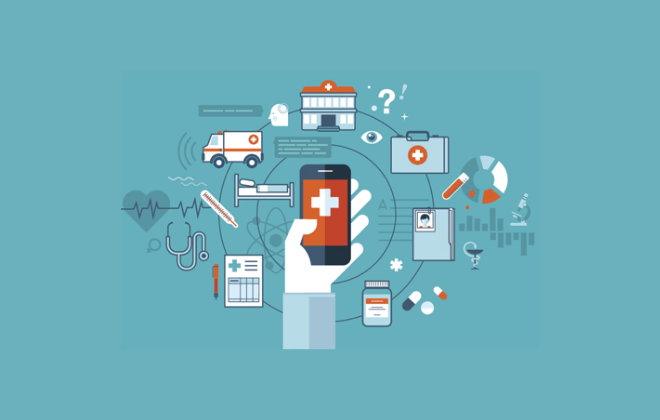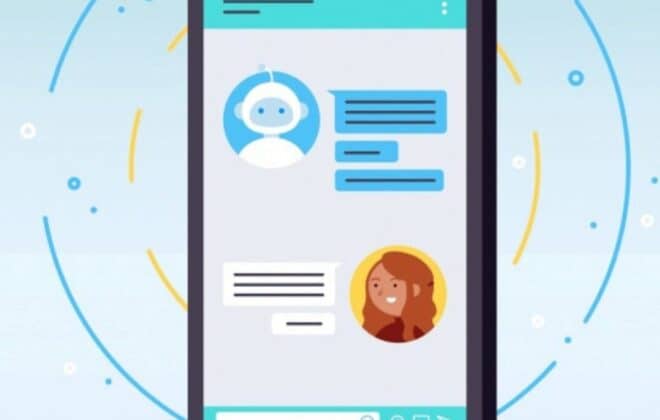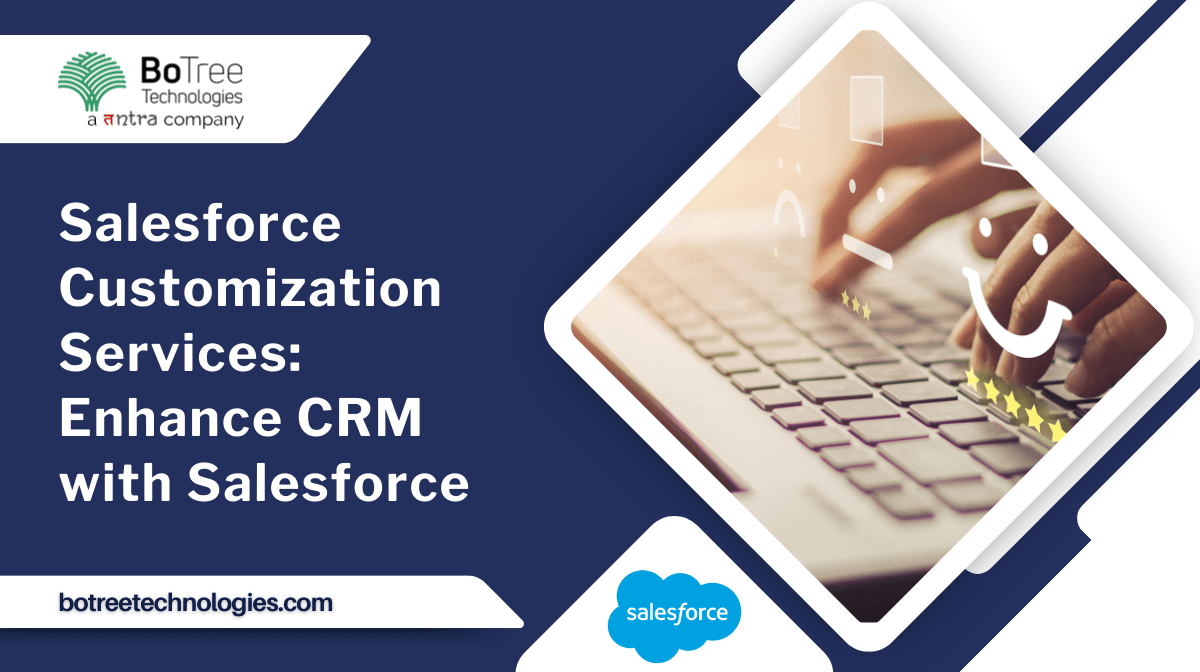
The Top RPA Use Cases in the Healthcare Industry
The healthcare industry involves much more than doctors and patients. It comprises billings & payments, appointment scheduling, patient reporting, data management, amongst a wide array of activities.
While technology can’t check patients and treat them, they can certainly play a significant role in supporting activities. Successful RPA implementation in healthcare takes care of all such tasks.
Robotic Process Automation, or RPA, is a boon to the entire sector. Processes are important in healthcare. Manual execution of such tasks is time-consuming and distracts the clinicians and staff from their core operations.
RPA in healthcare reduces the burden on professionals and provides IT healthcare solutions that can help deliver better patient outcomes.
This article will focus on the top RPA use cases in the healthcare industry. From storing health records to processing insurance claims, RPA tools assist with a vast range of activities. When combined with Artificial Intelligence, RPA technology is capable of providing real-time value to the healthcare sector.
Top RPA Use Cases in Healthcare
Digital transformation is the need of the hour in the healthcare industry. A comprehensive RPA strategy ensures cost reduction, better patient data management, and overall improvement in healthcare outcomes. But how can healthcare professionals achieve this?
Here is a list of RPA use cases that can assist in healthcare automation and enable better care delivery through successful RPA implementation:
#1 Appointment Scheduling
- One of the biggest benefits of RPA in healthcare is appointment scheduling for patients. It doesn’t require any intervention from the hospital staff. Integrated UiPath tools help in building bots for patient appointments. By opting for a scheduling API with prices per appointment, healthcare providers can cut costs.
- These bots follow a trigger whenever a patient books an appointment. After checking the calendar and time, they can assign an appointment to the patient. They can also send reminders, cancel an appointment or modify it based on the doctor’s availability. It will reduce mistakes in scheduling, and the staff can focus on more value-adding activities than appointment scheduling.
#2 Payments Management
- Hospitals need to deal with a lot of bills, invoices, and other financial transactions. It takes a lot of time for the staff to calculate all the expenses, generate invoices, and then receive payments.
- The business process automation technology helps the staff by automating this process. The bot can generate an invoice from the system and send the payment details to the patient or the attendant. It can send a notification to the patient’s phone number or email address and easily receive the payment. There are bots that are created for that purpose only.
#3 Claims Processing
- Insurance claims eat up a lot of the hospital staff’s time. They need to collect the data, input it, evaluate it, and then send the final file. RPA in healthcare claims processing assists by automatically scraping the data from the report and feeding it to the system.
- The bot eliminates human errors while adding the information. Claims processing becomes easier as the insurance company gets accurate information much faster than manual processing. It also helps the patient to take advantage of the cashless claim, along with saving the time of the facility.
#4 EHR/EMR Integration
- Electronic Health Record or Electronic Medical Record is a central repository for every patient’s medical information. It has all the details, including the past medical history, treatment plans, and more. EHR integration is an important RPA function.
- RPA software helps to input all the patient data to the EHR, thereby providing a centralized platform to access all patient data. It can be accessed by any authorized personnel at any time. It provides real-time access to data so that doctors and clinicians can make better decisions. RPA technology fastens the process of gathering all the patient data at once place.
#5 Post-Treatment Support
- The recovery process is often underestimated by the patients. After discharge, they do not focus on proper medication and checkups. This is where IT healthcare solutions with an RPA strategy play a major role.
- An RPA bot sends the necessary discharge instructions to the patients. It also offers the post medication guidelines as soon as the system triggers a discharge from the hospital. In the long term, the bot provides constant reminders for regular checkups, medications, and tests to the patient. The bots help the patient in sticking to the proper recovery plan.
#6 Regulatory Compliance
- Another benefit of the business process automation technology in the healthcare industry is assistance in meeting the regulatory standards. Hospitals need to generate massive amounts of reports for the healthcare audits. The manual process is time-consuming and lengthy.
- Healthcare automation helps in tracking the accuracy of data. It generates audit reports by working with predefined parameters. They can record data and generate the necessary reports for meeting the auditing requirements. They can automatically send the reports for approval and assist in meeting the benchmarks for proper regulatory compliance.
#7 Diagnosis and Analytics
- One of the biggest RPA trends in healthcare is combining healthcare automation with Artificial Intelligence. Analytics helps in evaluating patient data and identifying diseases at an early stage. On the other hand, RPA can help make sense of that data.
- AI and predictive analytics are useful in diagnosis. RPA assists with report generation and automatically tracking the data to diagnose anomalies. While AI bots do this, doctors and healthcare professionals can focus on delivering better care to patients and improve healthcare outcomes.
Read more: Pros and Cons of RPA Technology for Digital Enterprises
Conclusion
The healthcare sector is witnessing a digital transformation in the form of RPA technology. Elderly people who cannot visit the doctor frequently have a medical companion in the form of an RPA bot that constantly answers all their questions.
Successful RPA implementation is helping healthcare professionals and facilities to delegate the mundane and routine tasks to machines while the humans deliver better patient outcomes.
If you are looking for IT healthcare solutions that can assist you with improving care delivery to patients, BoTree Technologies can help. We are a leading healthcare app development company developing applications, systems, and solutions to simplify healthcare for doctors and patients.




